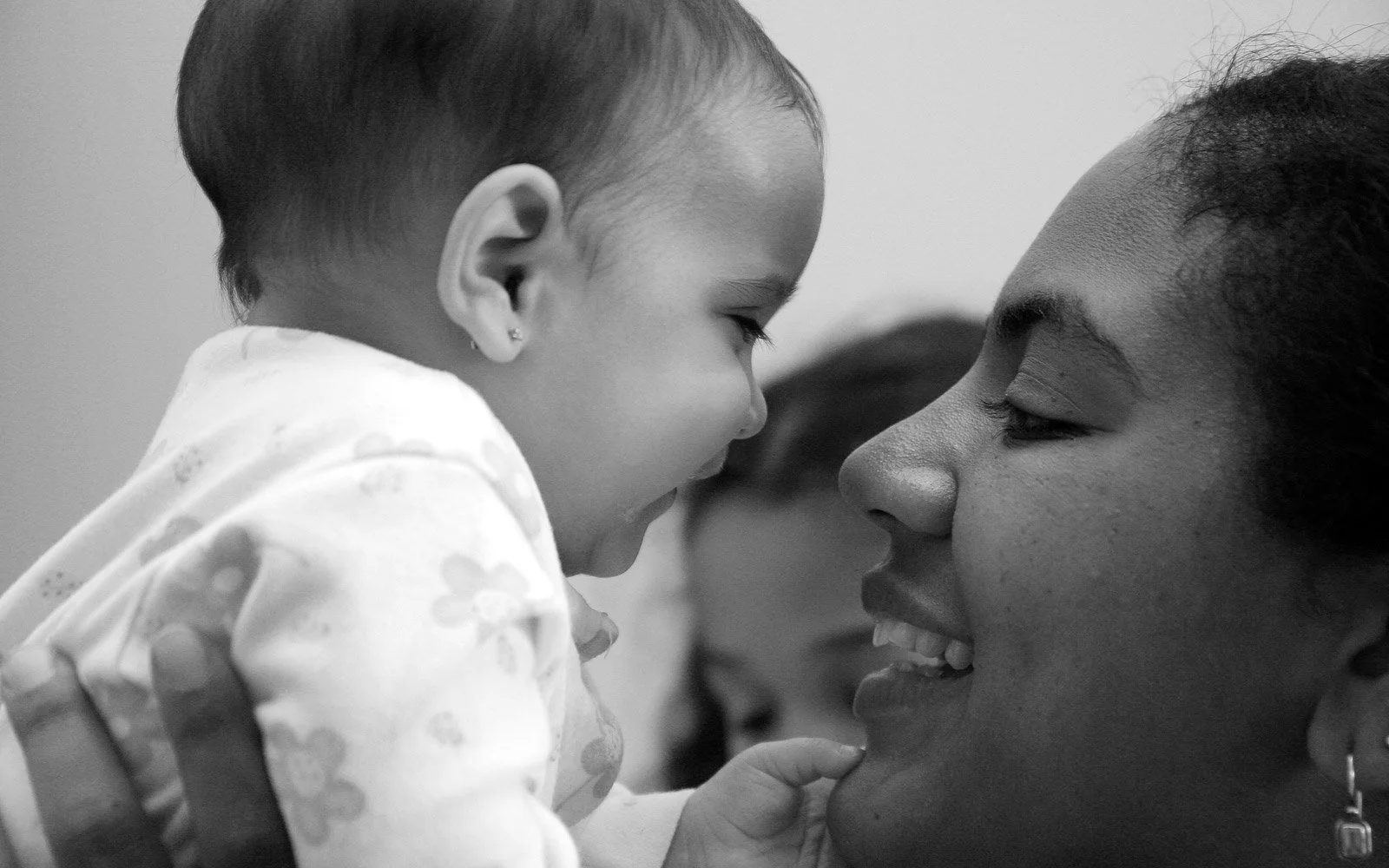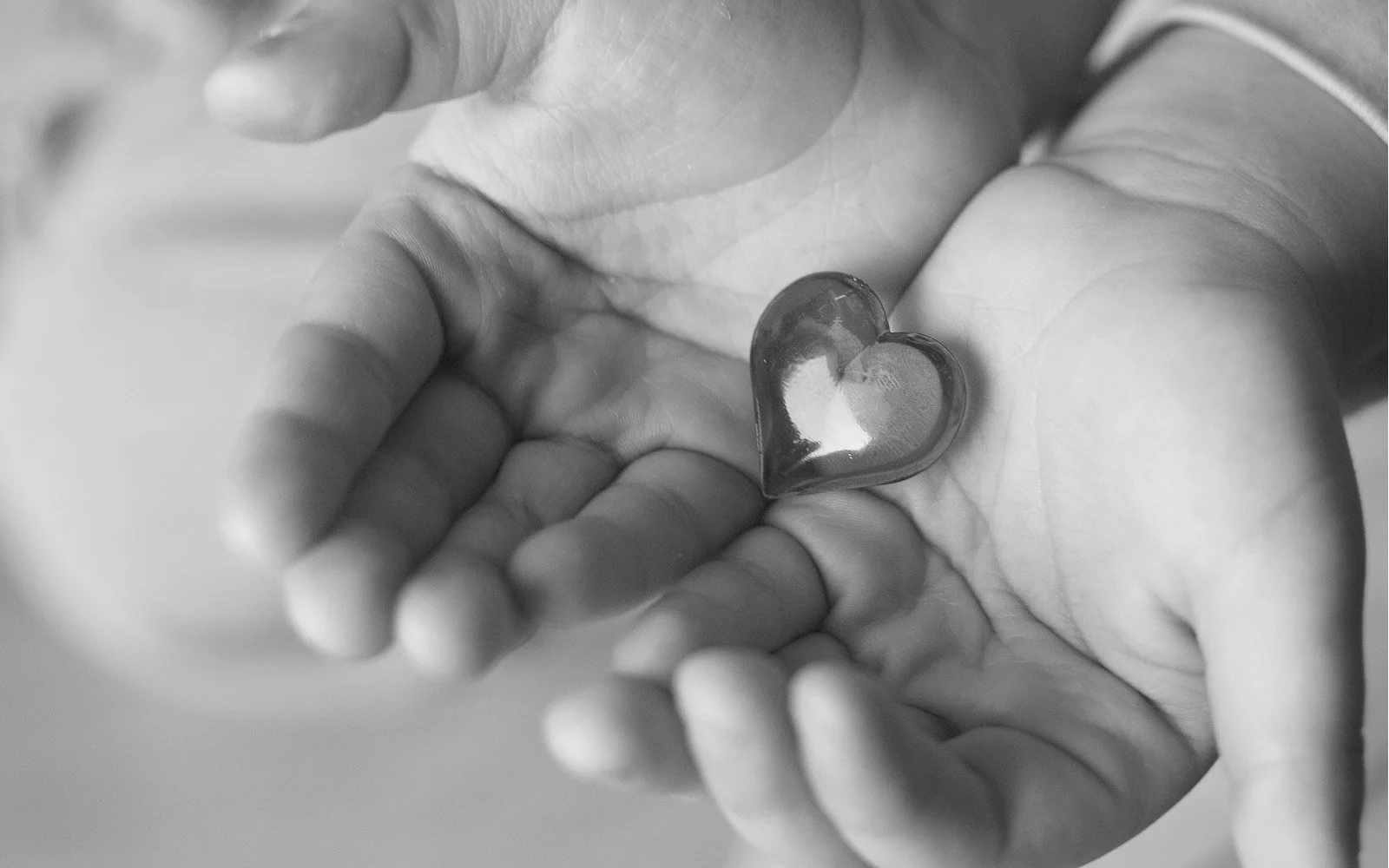PBSP Theory
The Pesso Boyden System Psychomotor (PBSP) is a body-based approach that allows people to heal emotional wounds by integrating new, corrective experiences into both the mind and body.
At its core, PBSP theory is built on three key principles:
Each of us have five basic developmental needs in childhood.
These needs are universal and must be met at the right time, by the right people, for us to grow into our full potential.When these needs are not met in childhood, we carry the consequences into adulthood.
Unmet needs shape our expectations, relationships, and sense of self, often without our awareness.Healing becomes possible through memory reconsolidation.
By creating new, embodied memories that meet these unmet needs, we can form a new internal narrative, one that supports healthy living, self-compassion, and connection.
Each of these principles form the foundation of PBSP’s understanding of human development and healing.
Each of the five basic developmental needs—Place and Belonging, Nurturance, Support, Protection, and Loving Limits—represents a vital part of being human. When these needs are finally met, whether literally, symbolically or imaginatively, the body relaxes, the mind opens, and life begins to feel more whole.
You can explore each need in greater detail below to understand how it shapes your inner world and how PBSP therapy helps restore what was missing.
-
Basic needs
The five basic developmental needs

-
Consequences
The consequences of unmet basic developmental needs

-
Creating new memories
Satisfying an unmet need by creating new memories

A new way forward
It's important to understand that you do not have to stay bound to your past. PBSP offers a path to feeling fully seen, supported, and loved, perhaps for the first time in your life.
If you’re ready to move from simply getting by to truly living, I’d be honored to walk with you on that journey.
